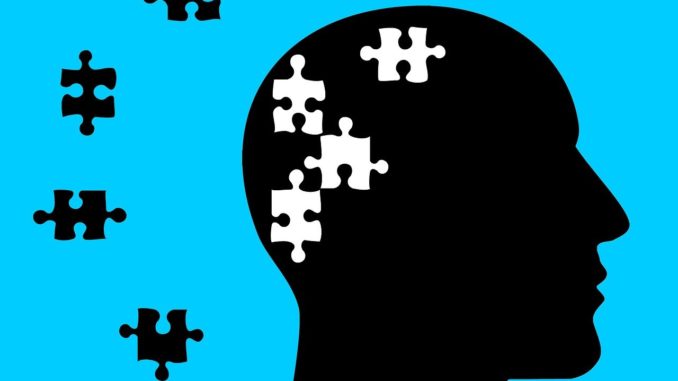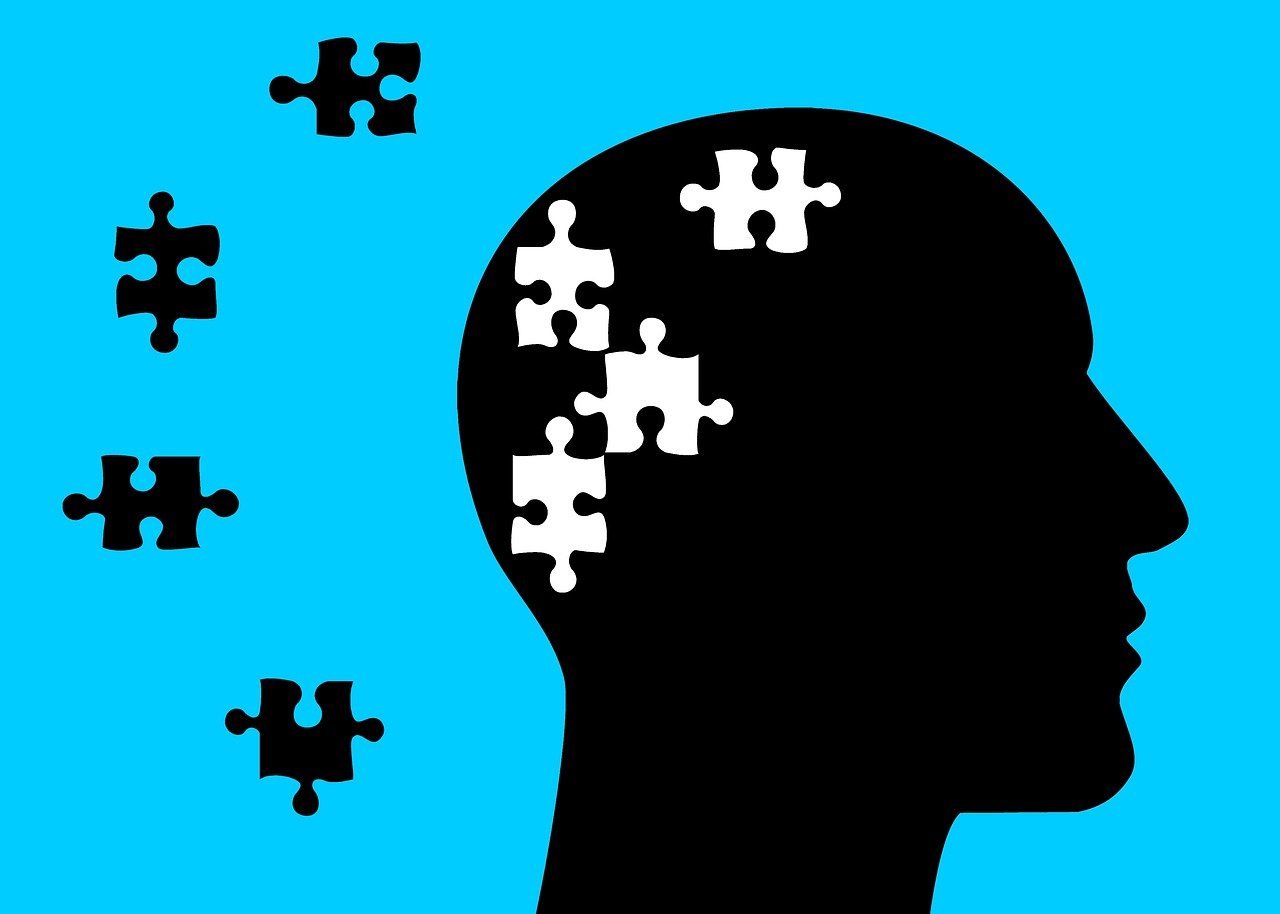
In the wake of the COVID-19 pandemic, we’ve all become more focused on our physical health. Unfortunately, however, there’s mounting evidence that the pandemic has taken a profound toll not only on our bodies, but also on our minds and spirits.
Indeed, studies show that the prevalence of mental illness has spiked in the aftermath of the pandemic, with 4 in 10 adults in the United States experiencing symptoms of depressive or anxiety-related disorders. These statistics represent a surge in what was already a profound mental health crisis nationwide.
In 2020, prior to the pandemic, it was estimated that 1 in 5 adults experience some form of mental illness each year, with 1 in 20 facing a severe mental health condition. These numbers are alarming, to be sure.
However, there is hope. Mental healthcare providers are now more affordable and accessible than ever, thanks in part to the ascendancy of telehealth services in response to the pandemic. Even the best mental healthcare, though, can have its limitations, especially if the patient is unprepared to take full advantage of the care they are offered. This article will explore strategies you can use today to ensure you’re getting the most out of your mental health care.
Finding the Right Provider(s)
The relationship between a patient and their healthcare providers is a sacred one, a relationship built on trust, respect, and compassion. Because of the profound importance of this relationship to the patient’s overall well-being in general and to their recovery in particular, it’s imperative that you find the right mental healthcare provider.
To be sure, this should begin with a fair amount of research on the person. At a minimum, you should check their training and credentials, explore online reviews and ask for references from people you trust.
That should be only a small part of the vetting process, however. In addition to researching their background, you also need to examine how a mental health practitioner makes you feel.
If you are facing a particularly difficult period in your life, or if you have had trouble finding the kind of compassionate care you need, then you will want to specifically seek out mental health practitioners who are adept at showing empathy. Chances are, you will never be able to fully engage in or commit to your treatment if you don’t feel like you are being heard, understood, or cared for by the person who is supposed to be your primary source of support and expertise in your healing journey.
Build a Mentally Healthful Lifestyle
When you’re receiving mental healthcare, it can be tempting to look to your care provider for all the answers. Therapy, counseling, or medication are not a magic bullet, however. You still need to take responsibility for building a lifestyle that supports your mental health.
For example, research has shown that engaging in sports doesn’t just help you to become more physically fit. It can also significantly improve your psychological and emotional well-being.
Similarly, practicing mindfulness each day has also been shown to enhance both physical and mental health, particularly by decreasing your risk of anxiety and depression.
Incorporating Telehealth
In addition to finding the right mental healthcare provider and cultivating a lifestyle that supports your psychological well-being, it’s also helpful to unleash the power of technology in your mental healthcare regime.
Rather than confining your care to a short in-person treatment session a few times a month, you can deploy telehealth services, online support groups, and mental health apps for smartphones and other mobile devices. These tools can enable you to remain in near-constant contact with your healthcare team and support networks, as well as self-manage your mental and emotional health practices.
For instance, myriad low- or no-cost apps are available to help you learn to meditate, cultivate re-languaging techniques derived from cognitive behavioral therapy, and even track your sleep, nutrition, and physical activity on the premise that good physical health contributes to good mental health.
The Takeaway
There’s no question that these pandemic years have been challenging for us all. However, the epidemic of mental illness in the United States and around the world did not begin with the coronavirus and it will not end with it. The good news, though, is that the field of mental healthcare is constantly growing, evolving, and modernizing. Nevertheless, it will never reach its full potential in patients’ lives unless and until they learn how to get the most out of their professional mental healthcare. This begins with choosing the best healthcare provider and building the best physical and mental health teams. It also involves cultivating a lifestyle that is conducive to overall wellness. Finally, it requires the integration of innovative technologies, from telehealth services to online support to mental health apps that can put the power of healing in the palm of the patient’s hand.


